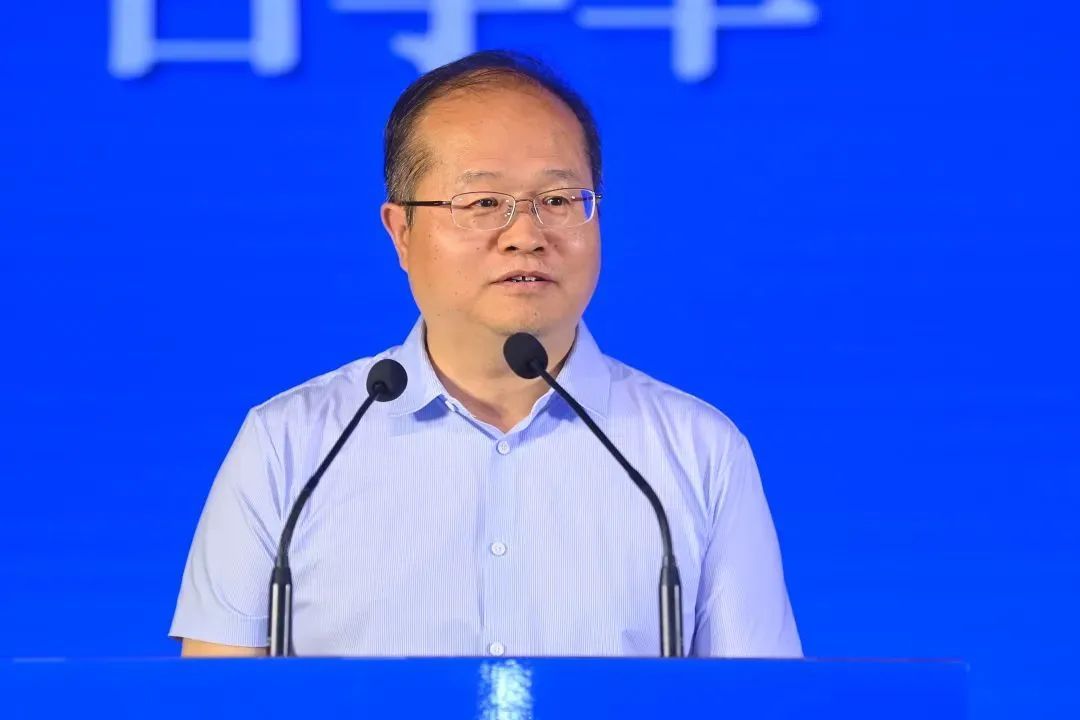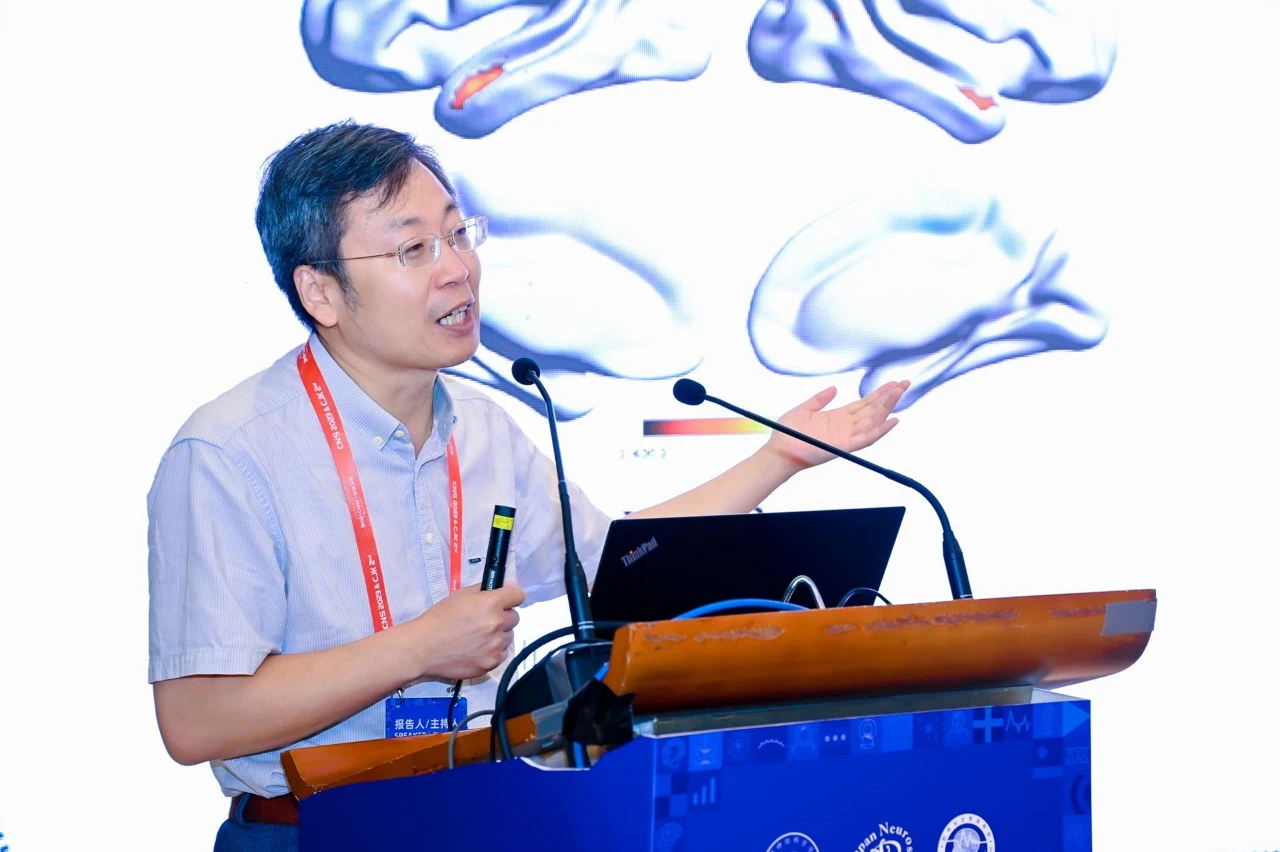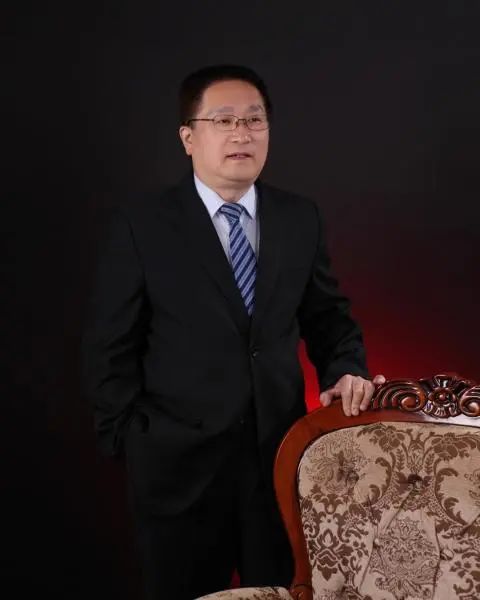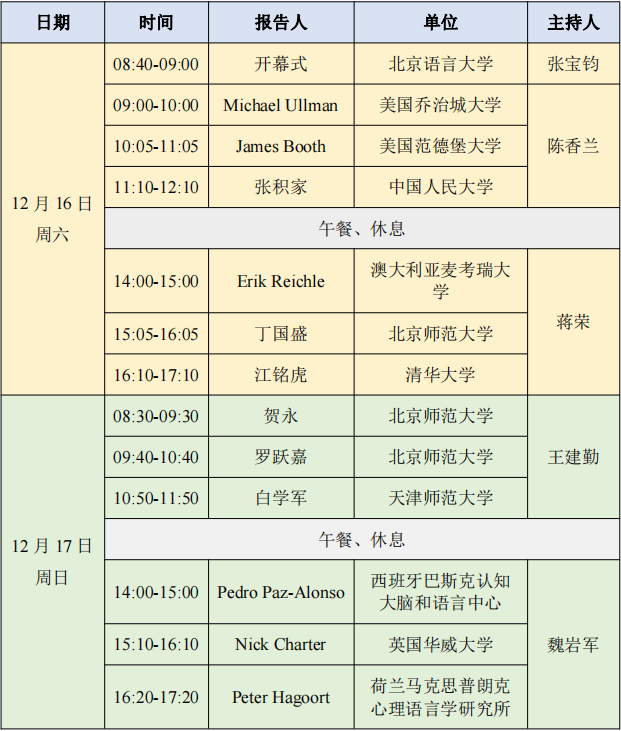Theme: Bilingual Brain and Cognitive Neuroscience
Organizer:Center for the Cognitive Science of Language at Beijing Language and Culture University
Chairpersons
Lecture Chair:Professor Marcus Taft (Beijing Language and Culture University, Top 2% Global Scientist)
Co-Chairpersons:
Professor Zhang Baojun (Beijing Language University)
Professor Gao Jiahong (Peking University)
Professor Wang Jianqin (Beijing Language University)
Highlights of the Lecture
Focus on the frontiers of language and cognitive science, promoting interdisciplinary research in language and cognitive science.
Reveal the mysteries of the bilingual brain and cognitive neuroscience, exploring the language and cognitive neural mechanisms of bilingual individuals.
Utilize techniques such as functional magnetic resonance imaging (fMRI), electroencephalography (EEG), eye-tracking, etc., to directly observe brain activities and scientifically understand language.
Cognitive neuroscience will be the next frontier in language science. Linguists are welcome to participate!
Empowering international Chinese education with neuroscience. Scholars from the international Chinese education field are welcome to attend!
Date, Location, and Format
Date: December 15-17, 2023 (Registration and Check-in on the 15th)
Location: Beijing Language and Culture University
Format: Offline participation
Introduction of Speakers at the Lecture

Professor Bai Xuejun, Vice President of Tianjin Normal University, Minister of the Department of Psychology, Director of Tianjin Normal University Institute of Psychology and Behavior Research, and former Chairman of the Chinese Psychological Society. He has been awarded the National "Ten Thousand Talents Program" Leading Talent in Philosophy and Social Sciences, the Ministry of Education's "Changjiang Scholar" Distinguished Professor, and other national-level talent titles. He is also the Chief Expert of the National Social Science Fund Major Project. He has been awarded the National Labor Medal and enjoys a government subsidy from the State Council.

Professor Ding Guosheng, Professor at the State Key Laboratory of Cognitive Neuroscience and Learning at Beijing Normal University and doctoral supervisor. He focuses on the brain mechanisms of bilingual processing, language learning, and neuroplasticity. He has conducted research visits at the University of New South Wales in Australia, the University of Cambridge in the UK, and San Diego State University in the US. Professor Ding has received numerous awards, including the Excellent Young Scientist Award from the Chinese Psychological Society and the Outstanding Research Award at the International Conference on Functional Magnetic Resonance Imaging (fMRI) Research by the US National Institutes of Health. He is an editorial board member of the journal "Bilingualism: Language and Cognition" and has published over 60 research papers in domestic and international academic journals.

Professor He Yong, Second-level Professor and Changjiang Scholar Distinguished Professor at Beijing Normal University, recipient of the National Distinguished Young Scholars Fund, leading talent of the National Ten Thousand Talents Program, and highly citedresearcheraccording to Clarivate Analytics. He currently serves as the Deputy Director of the State Key Laboratory of Cognitive Neuroscience and Learning and the founding director of the Laboratory of Neuroimaging Big Data and Human Brain Connectomics in Beijing, a key laboratory designated by the Beijing Municipal Government. He has led multiple projects funded by the National Natural Science Foundation of China and international collaborations, and has published over 200 SCI papers with an H-index of 79 (Google Scholar). His main research interests include computational neuroimaging, human brain connectomics, and child brain development.

Professor Jiang Minghu, Professor at the Center for Psychology and Cognitive Science at Tsinghua University, Professor of Computational Linguistics at the School of Humanities at Tsinghua University, andformervisiting professor at the Interdisciplinary Center for Scientific Computing at Heidelberg University in Germany. His research focuses on language cognition and computation. He is the author of "Language Information Processing," co-editor of "Language's ERP Brainwave Cognition," "Language, Brain Evolution, and Cognition," and "Natural Language Processing," among other works.

Professor Luo Yuejia, Head of theFacultyof Psychology at Beijing Normal University, Distinguished Professor at the School of Psychology and Sociology at Shenzhen University, and doctoral supervisor. He is a recipient of the National Distinguished Young Scholars Fund, one of the first batch of national-level candidates for the "New Century Talents Project," a recipient of the State Council's special allowance, a participant in the Hundred Talents Program of the Chinese Academy of Sciences, and a leading talent in Shenzhen at the national level. In 2016, he was recognized as an Outstanding Teacher in Shenzhen. He has published hundreds of research papers in domestic and international core academic journals, including 30 SCI papers. He has received awards such as the National Excellent Ph.D. Dissertation Award, the President's Scholarship of the Chinese Academy of Sciences, the Young Excellent Paper Award from the Chinese Society for Neuroscience, and the Excellent Selection of the Hundred Talents Program of the Chinese Academy of Sciences. He has supervised 20 postdoctoral fellows, doctoral, and master's students.

Professor Zhang Jijia, Ph.D. in Education from Beijing Normal University, Second-level Professor, doctoral supervisor, expert enjoying a government subsidy from the State Council, member of the Academic Committee of Renmin University of China, and director of the Academic Committee of the Department of Psychology. He is also the director of the National Key Research Base for Ethnic Psychology and Education at the Center for Ethnic Education Development of the Ministry of Education and the chief expert ofthe National Language and Culture Psychological Research Key Research Base of theNationalEthnic Affairs Commission. He is also the chief expert ofAcademyofthe Zhonghuaminzu Communityat Guangxi Normal University. ProfessorZhang has made outstanding contributions in the field of national education in China and holds various positions as the director and editorial board member of several academic committees. He has published over 620 papers, including 123 in core journals such as "Social Sciences in China," "Acta Psychologica Sinica," and "Educational Research," and has authored 15 monographs. He has received 10 provincial and ministerial awards.

James R. Booth is the Patricia and Rodes Hart Professor of Educational Neuroscience in the Department of Psychology and Human Development at Vanderbilt University. The main goals of his research are to understand the brain mechanisms of the development of language, reading and math in typical and atypical populations. Prof. Booth has been continuously funded for two decades and has published extensively in diverse journals. He has served in various roles both within and outside of the university, such as departmental chairperson, review panel member and associate editor. Prof Booth aims to facilitate the interaction between the fields of cognition, neuroscience and education.

Nick Chater joined WBS in 2010, after holding chairs in psychology at Warwick and UCL. His research focuses on the cognitive and social foundations of rationality, with applications to business and public policy. He has (co-)written more than two hundred research papers and six books. His research has won awards including the British Psychological Society's Spearman Medal (1996); the Experimental Psychology Society Prize (1997); and the Cognitive Science Society's life-time achievement award, the David E Rumelhart Prize (to be awarded in 2023). His book, The Mind is Flat, won the American Association of Publishers PROSE Award in 2019, for Best book in Clinical Psychology. Nick is a fellow of the British Academy, the Cognitive Science Society and the Association for Psychological Science. He is a co-founder of the research consultancy Decision Technology; has served on the advisory board of the Behavioural Insight Team (popularly known as the 'Nudge Unit'); and been a member of the UK government's Climate Change Committee. He co-created, and was resident scientist on, eight series of the BBC Radio 4 show The Human Zoo.

Peter Hagoort is director of the Max Planck Institute for Psycholinguistics (since November 2006), and the founding director of the Donders Institute, Centre for Cognitive Neuroimaging (DCCN, 1999), a cognitive neuroscience research centre at the Radboud University Nijmegen. In addition, he is professor in cognitive neuroscience at the Radboud University Nijmegen. His own research interests relate to the domain of the human language faculty and how it is instantiated in the brain. In his research he applies neuroimaging techniques such as ERP, MEG, PET and fMRI to investigate the language system and its impairments as in aphasia, dyslexia and autism.
For his scientific contributions, the Royal Netherlands Academy of Arts Sciences (KNAW) awarded him with the Hendrik Mullerprijs in 2003. In 2004 he was awarded by the Dutch Queen with the "Knighthood of the Dutch Lion". In 2005 he received the NWO-Spinoza Prize (M€ 1.5). In 2012 the KNAW awarded his career contribution to the cognitive neuroscience with the Academy Professorship Prize (M€ 1.0).

Kepa Paz-Alonso is an Ikerbasque Research Associate and the head of the Language and Memory Control (LMC) research group. His research program uses functional and structural multimodal MRI techniques to investigate how higher cognitive functions result from interactions between different cognitive components, focusing mostly on language (reading, speech comprehension and production), attention and memory (semantic, episodic) across the life span in cognitively normal and clinical populations. He has an extensive network of national and international collaborators in different domains (i.e., cognitive neuroscience, network neuroscience, medical imaging and human neuroanatomy) with whom he conducts relevant multidisciplinary research projects and keep improving his scientific program. He has participated as PI, co-PI or collaborator in research projects funded by national (e.g., FIS, MICIN, MINECO, Basque Government, La Caixa Health Research) and international agencies (e.g., ERC, NSF).

Erik Reichle is the professor at the School of Psychological Sciences, Macquarie University in Australia, with a Ph.D. from the University of Massachusetts Amherst. Professor Erik specializes in using computational models, eye-tracking experiments, and other methods to investigate the perceptual, cognitive, and motor processes involved in reading. He has published over 60 articles in international core journals, including "Brain and Behavioral Sciences," "Psychological Review," and "Psychological Science." He has received fellowships from the Hanse Institute of Advanced Studies (Germany) and the Leverhulme Trust (United Kingdom).

Dr. Ullman is Professor in the Department of Neuroscience, with secondary appointments in the Departments of Psychology and Neurology. He is Director of the Brain and Language Lab, and Director of the Georgetown EEG/ERP Laboratory.His main field of research is the relationship between language, memory and the brain. His declarative procedural model of language has greatly affected the field of psycholinguistics and cognitive neuroscience.
Academic Presentation Schedule

Lecture Fees and Payment Method
Students: 800 RMB per person; Teachers: 1200 RMB per person.
Participants are responsible for their own transportation and accommodation expenses.
Please complete the online registration and payment before December 15th. Participation will be based on completed payments. Space is limited, and availability is on a first-come, first-served basis.
Official Payment Platform: http://pay.blcu.edu.cn:8081/publish/p/3022023110016.html
Please scan the mini-program for payment instructions:

Payment Instructions
Once the registration fee has been successfully paid, it will not be refunded due to personal reasons for inability to attend on time.
Students, including doctoral, master's, and undergraduate students, need to provide student identification. Postdoctoral fellows are not considered students.
Invoices will default to electronic format and will be promptly sent to the designated email address of the participants after the lecture series concludes.
For further inquiries about the lecture series, please contact:
Contact Person: Teacher Ren
Email: 111center@blcu.edu.cn
Phone: 010-82303797